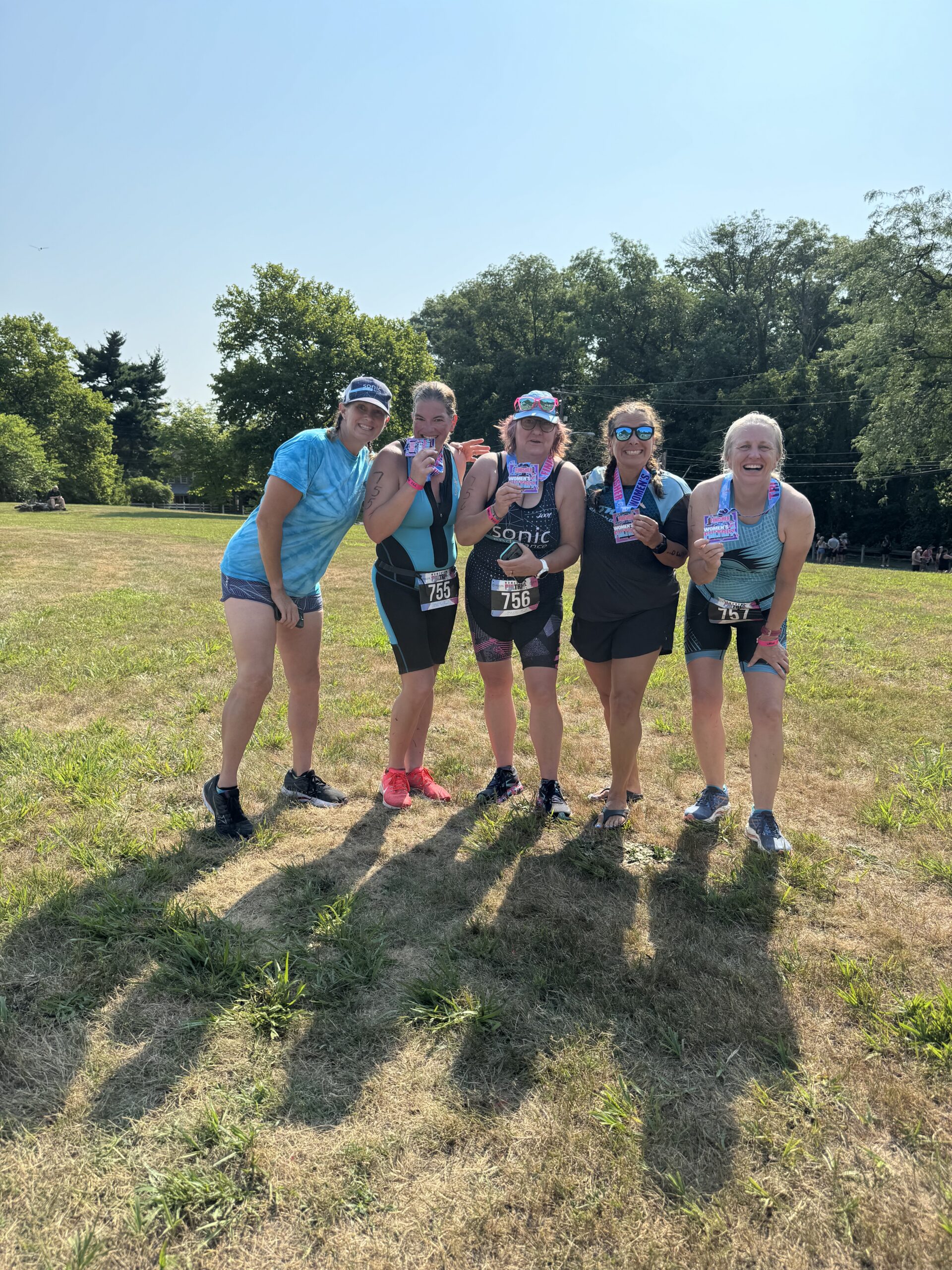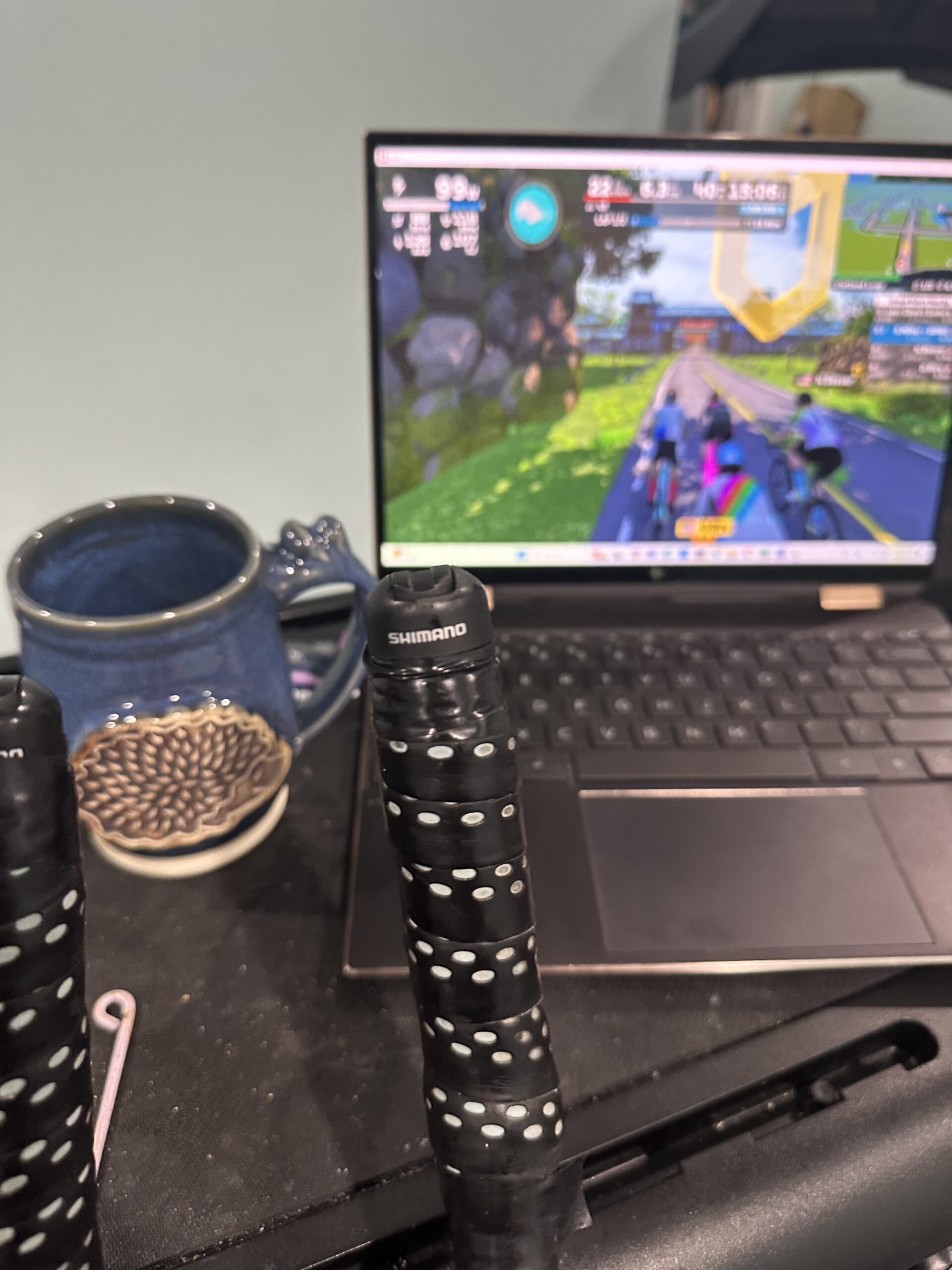Sonic Endurance
Personalized Training
Unlock Your Potential
|
Sonic Endurance
Personalized Training
Unlock Your Potential
|

It all begins with culture—and Sonic’s culture stands above the rest. Coaches and athletes unite as a team, supporting one another through training, overcoming challenges, and pursuing personal goals. At the heart of Sonic’s success are acceptance, mutual respect, and a deep appreciation for each athlete’s individuality. The coaches are not only highly knowledgeable but also genuinely invested in helping you achieve your goals.
Through strategic partnerships with athletic trainers, physical and occupational therapists, training camps and trusted vendors, Sonic ensures every aspect of your training experience is optimized for your success.
At Sonic, every finish line marks a victory over your personal limits.

I signed up with a Sonic coach to improve personally as a triathlete, and almost immediately I started training smarter. I was working harder in many sessions, but I was also less tired overall at the end of the week. I was meeting my primary goal of sustainable fitness for years to come, and as a nice bonus my race times improved dramatically!
But more importantly what I have gained from Sonic, which I didn't know I needed, is a culture of community and support. This is a team focused on affirming each others' wins no matter what they look like, providing support through successes and challenges, and generally bringing a positive attitude to endurance sports. I came for myself, but I'm now proud to be a part of this team team!

My Journey all start in the summer of 2021 when I found myself unhappy with my current fitness level. I had not seen a gym in roughly 10 years, or even attempted any type of cardio workout. I set my goals a bit high without really knowing what I was getting myself into. I registered for my first full Ironman in Lake Placid! In this process I found Sonic Endurance and started working with Maribeth. One of my first times meeting Maribeth, was also my first time EVER swimming in a lap pool, and it showed! Maribeth evaluated my skill level, and spent countless hours teaching me how to swim, while improving my technique and endurance. Swimming was my absolute biggest challenge of the three disciplines. Maribeth was always available for encouragement, support and a good laugh throughout my journey. Working with Maribeth not only kept me accountable, but without her, my goals would not have been met. From Swimming, biking, running to fueling properly for races, Maribeth was there every step of the way. I have continued to work with her as my Endurance coach now for 4 years and have never felt more accomplished in my endurance goals! Working with Maribeth and Sonic has given me some of the best years of my life, the value of working with Maribeth one on one is priceless. Forever grateful!

Joining the Sonic Endurance team and being a 1 on 1 coached athlete has been a life changing experience. I achieved goals I never even dreamed of, including my first full Ironman finish. Coach Stacey gave me the confidence to sign up for Ironman Lake Placid and with her guidance, I never once thought I would not finish. On top of that, the Sonic team has literally become some of my closest friends and chosen family.
Sonic Endurance is more than a coaching company.
Sonic Endurance is a collection of like-minded individuals
We’re Endurance Coaches – and we are athletes. We like to get our hands dirty. We train, we race, we fail, and we succeed. We understand what you experience throughout your seasons of training and racing because we are right there beside you, on the same journey.
Through years of training, racing, and coaching, we’ve learned our athletes benefit most from a team approach. We each bring something different to the table and want you to benefit from each perspective. You’ll have your 1-on-1 coach, combined with the knowledge, experience, and expertise of all our coaches. Together, we bring our passion for triathlon to coaching in support of your goals and behind the process of uncovering your potential.
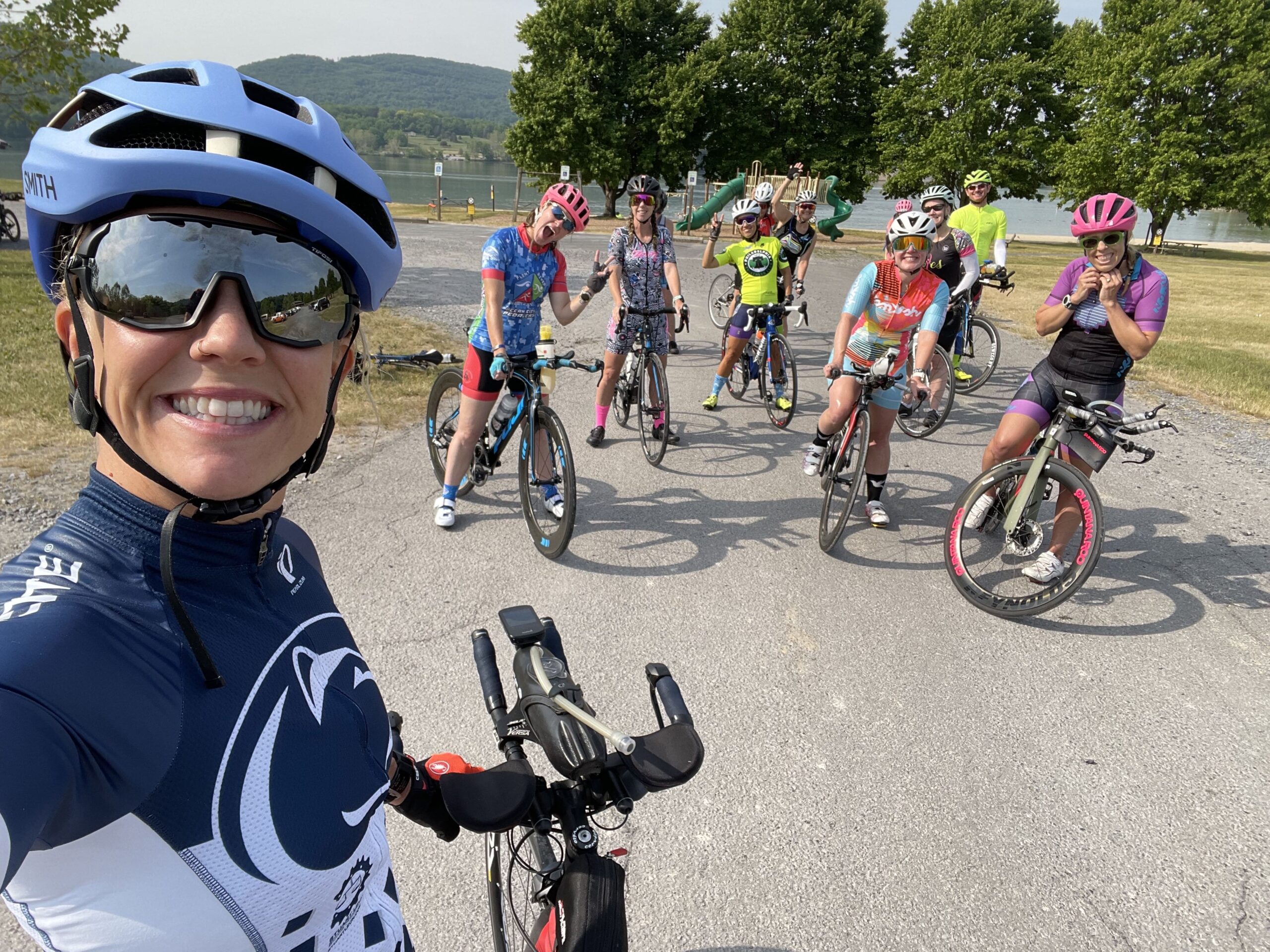
Join Our Team
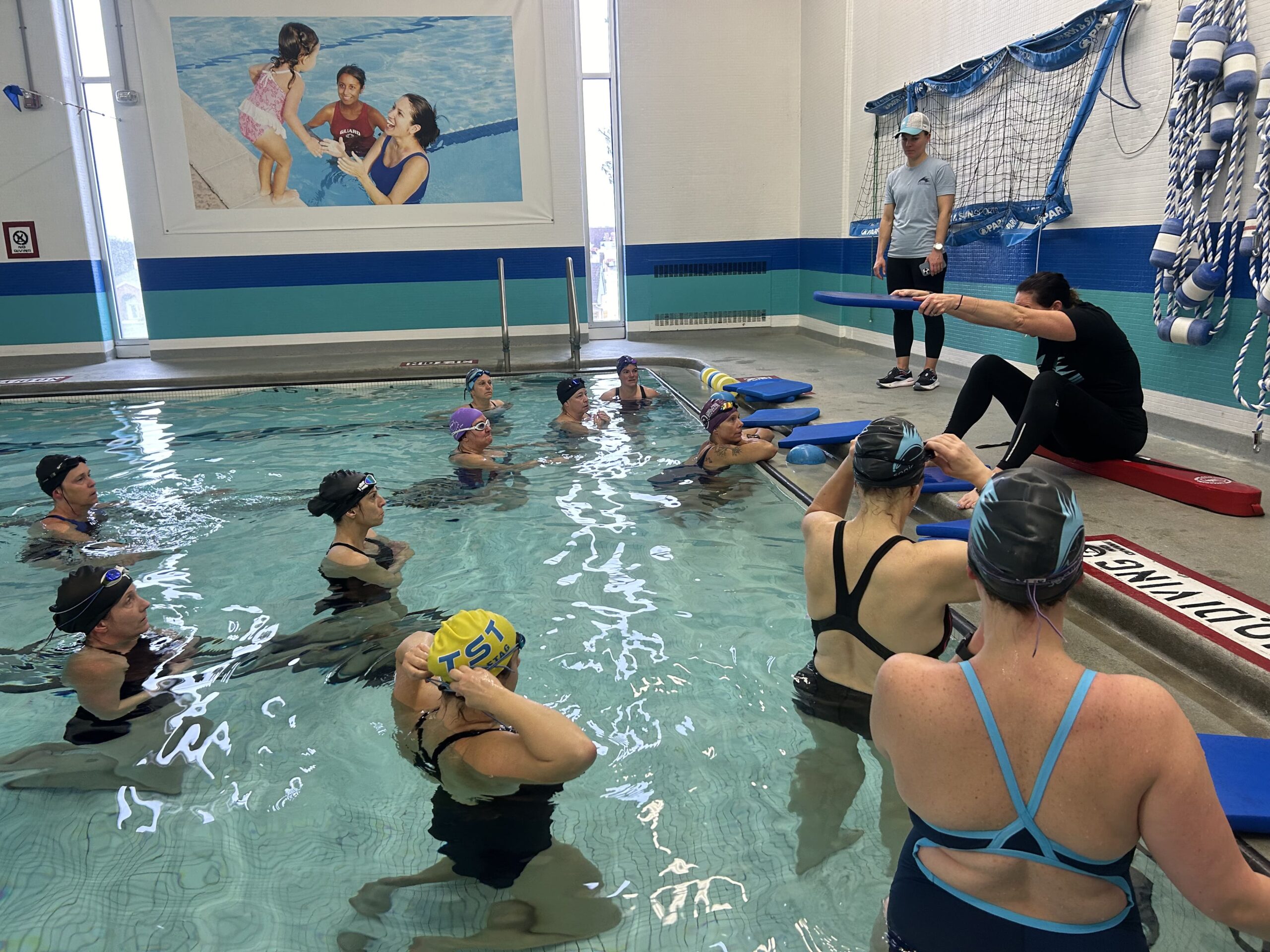
Sonic Endurance
Our Mission & Visions
Our Articles
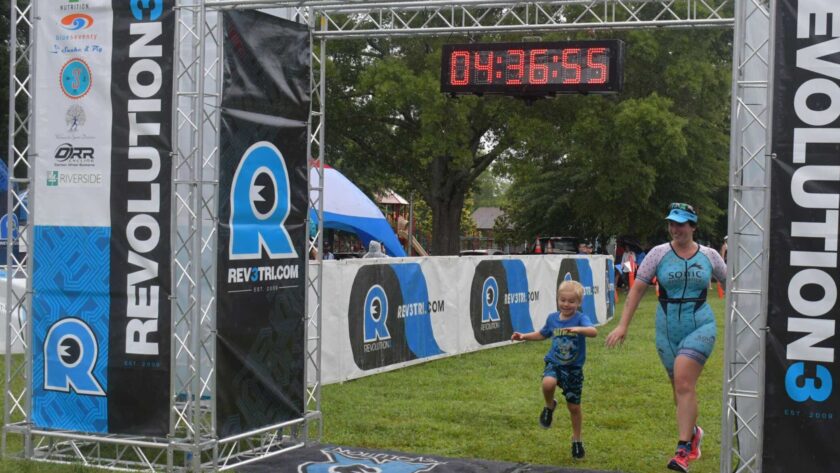
Coach Debra
It took me a while but I found my calling in teaching. I have been teaching in one form of another since 2004, whether it is teaching physical activity, or in an academic setting. Coaching to me is another form of teaching. I am teaching my athletes how to meet their goals. Which is the other reason I coach. I love to set goals and help individuals..
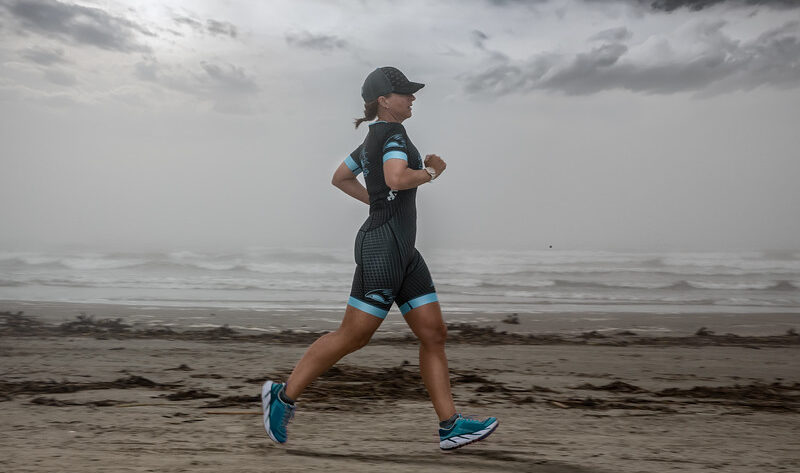
Coach Jen
My number one motivation in coaching is to help my athletes achieve their goals. Often these goals are big and scary and beyond what they thought was possible. There is absolutely no better feeling than getting that text that they nailed their key race, or being on the course when they accomplish something huge. It’s incredibly rewarding.
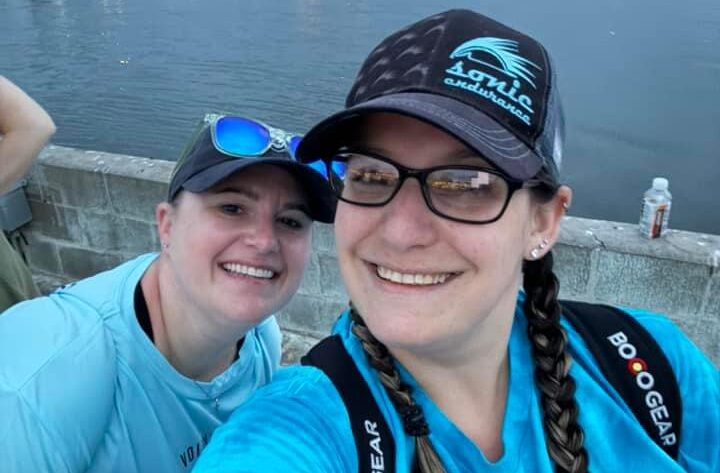
Coach Laura
I get such a sense of joy seeing my athletes achieve things that they once thought were out of reach. It is amazing to me to watch the development not only in their technical skills and endurance abilities, but also to see their confidence take shape. I am grateful to each one of my athletes for allowing me to be a part of their journey.
Strength Training Surprise
I went back to the basics and got into the gym. For me, this was the best place to start. Yes, the swim, bike, and run would come, but I knew that I needed to build some strength first. I am my own worst critic when it comes to my performance
Benefits of Racing Short Course
If you’ve been toying with the idea of participating in a triathlon but aren’t sure if you’re ready to tackle the full distance, a short triathlon—typically ranging from 750 meters of swimming, 20 miles of cycling, and 5 kilometers of running—is the perfect way to get your feet wet. Whether you’re new to endurance sports or a seasoned athlete looking for a fun challenge, short triathlons offer numerous benefits that can help you improve your fitness, mental health, and social life.
Stuck Inside? Try Zwift Racing
Zwift racing can be a great way to test fitness during the winter months. If you don’t’ have a SMART trainer (or an account), that’s OK! I’ll discuss how you can still join us for this event. Here are some reasons why a Zwift race is a great test of your current fitness level compared to generic FTP tests.


